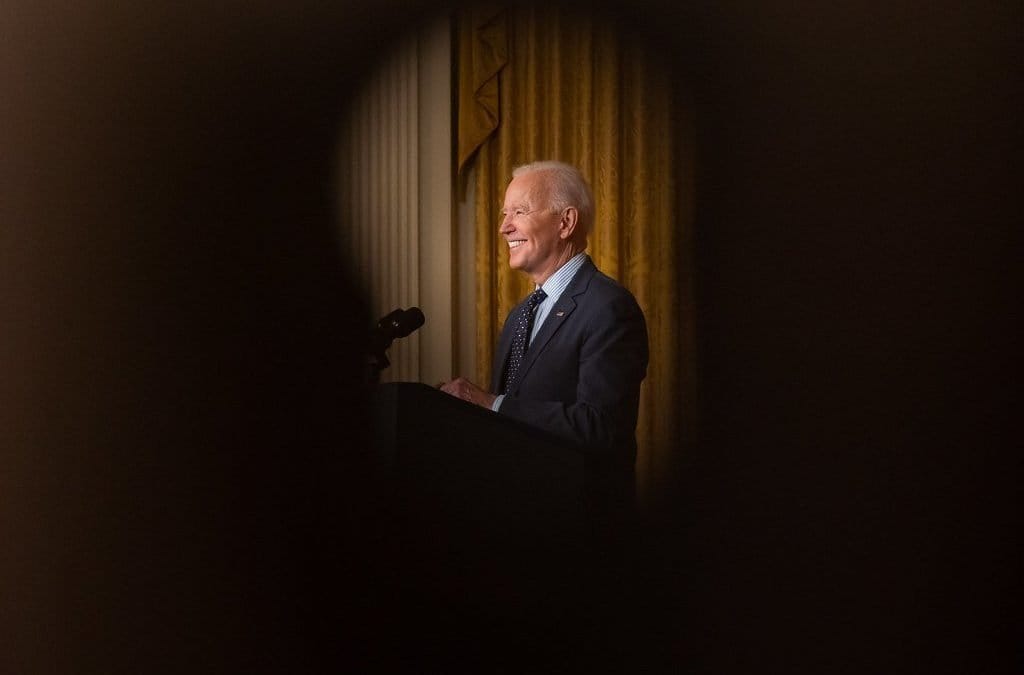Writing in
Newsweek, Alan Dershowitz asks: Can the Federal government compel vaccinations?
There is a Supreme Court decision on compelled vaccinations, but it is a 1905 state case that carried a small fine for noncompliance.
Can Biden mandate vaccinations without explicit authorization from congress?
[T]he constitutional authority of the presidency has been expanding since the New Deal and its limits are constantly being tested by presidents of both parties. Presidents generally cite broad and vague congressional authority for their actions. [...] It would surely have been better if Congress had explicitly authorized the mandates—better for democratic values and easier as a matter of constitutional law.
Sadly, Dershowitz resorts to the rubber-band concept, "the public interest",
One point is clear: both sides are exaggerating their constitutional claims. Some proponents of the Biden mandate assure us that its constitutionality "is completely clear," while some opponents are certain that it is "utterly lawless." The reality is that the question could go either way. In such a close case, President Biden is justified in doing what he believes to be in the public interest and leaving it to courts to decide.
(In other words, the
executive makes the law, and the
courts possibly rewrite the law, totally circumventing the authority of the legislative branch.)Commenting on the concept, Ayn Rand wrote in "The Fascist New Frontier":
There is no such thing as “the public interest” except as the sum of the interests of individual men. And the basic, common interest of all men—all rational men—is freedom. Freedom is the first requirement of “the public interest”—not what men do when they are free, but that they are free. All their achievements rest on that foundation—and cannot exist without it.The principles of a free, non-coercive social system are the only form of “the public interest.” [The Ayn Rand Column, 111]
and similarly in her essay, “The Monument Builders,”
Since there is no such entity as “the public,” since the public is merely a number of individuals, any claimed or implied conflict of “the public interest” with private interests means that the interests of some men are to be sacrificed to the interests and wishes of others. Since the concept is so conveniently undefinable, its use rests only on any given gang’s ability to proclaim that “The public, c’est moi”—and to maintain the claim at the point of a gun. [The Virtue of Selfishness, 88]

